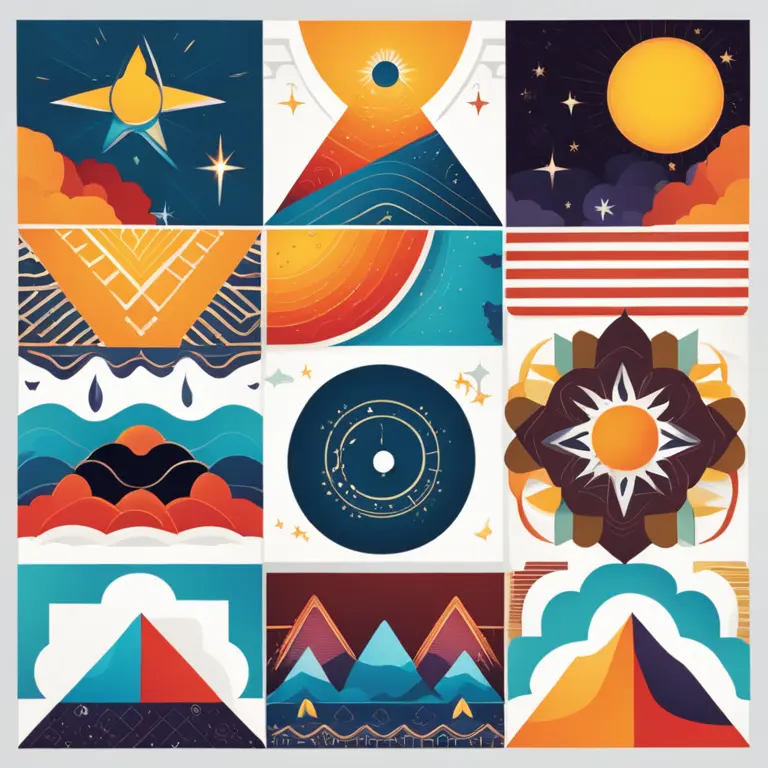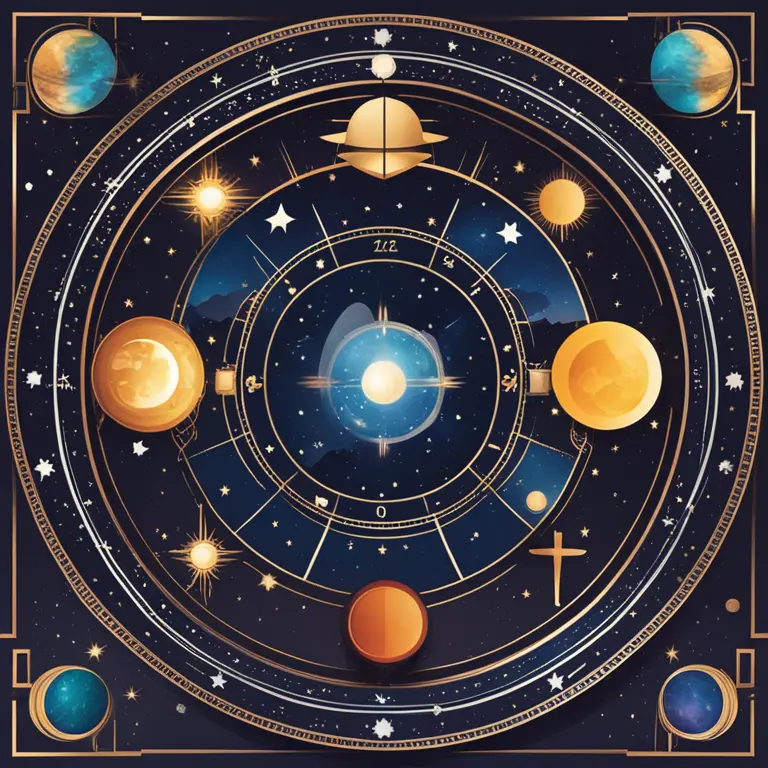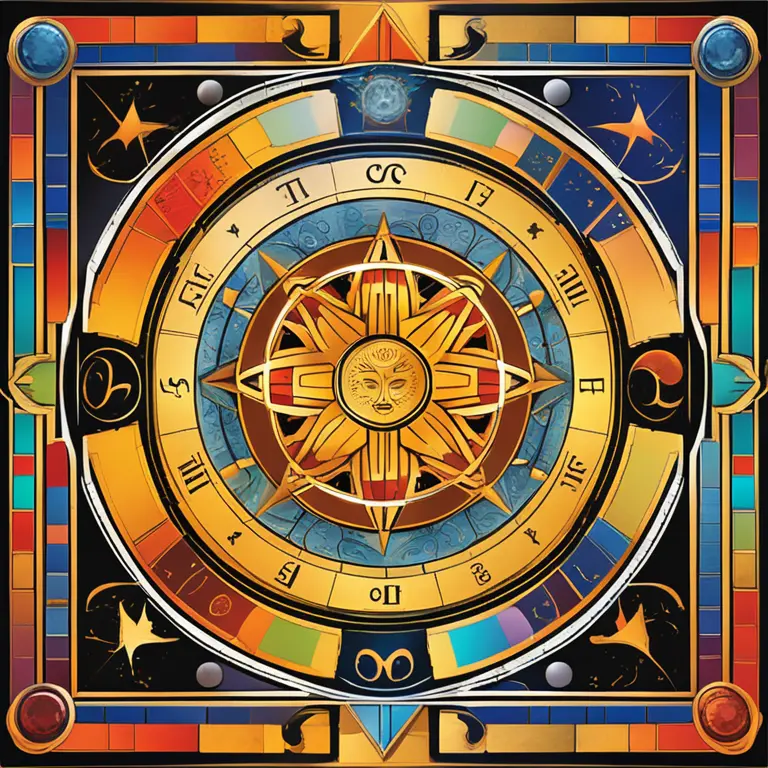
Astrology Q&A: Insights from the Stars
Delve into the celestial answers to your burning astrological queries in our latest article that simplifies the complexities of the zodiac for beginners and enthusiasts alike.
article by Priya Deshmukh
Introduction to Astrology
Astrology is a cosmic guide that has intrigued humanity for millennia, providing insight into personality traits, life events, and possible futures. In modern times, with a resurgence in new-age spirituality, astrology has once more garnered immense popularity, prompting individuals to seek guidance from the stars. This article aims to answer some commonly asked questions about astrology and how its ancient wisdom is relevant in our contemporary world.

What is Astrology?
Astrology is the study of the movements and relative positions of celestial bodies interpreted as having an influence on human affairs and the natural world. While often associated with predicting the future, astrology is more nuanced—it details cosmic influences on personal traits, relationships, and life patterns. The practice hinges on the belief that the alignment of stars and planets at the time of birth affects individual dispositions and destinies.

The Zodiac and Its Significance
The zodiac is central to astrology, comprising twelve signs that correspond to constellations. Each sign represents particular energies and characteristics influencing those born under them. Many people know their sun sign, which is determined by the position of the sun at birth, but other celestial bodies, like the moon and planets, also hold significant astrological importance, shaping complexities within one's birth chart—a snapshot of the sky at the moment of one's birth.

Astrology and Personality
One frequent question is how astrology can affect personality. Astrologers argue that the planetary arrangements at birth can outline innate strengths, weaknesses, preferences, and tendencies. The sun sign often reflects the core of who you are, while the moon sign can reveal emotional inner-workings and the rising sign may signify how you present yourself to the world. Analyzing the entire birth chart provides a deeper understanding of personality layers.
Compatibility in Astrology
Compatibility is a hot topic, with many seeking astrological advice on potential romantic success. Synastry, or the comparison of two individuals' astrological charts, assesses relationship potential by examining interplanetary angles and positions. While sun sign compatibility is widely popular, true astrological matching is far more complex, requiring an analysis of both parties' entire charts to gauge long-term potential and partnership dynamics.
The Role of Planetary Transits
Planetary transits are the movements of planets as they travel through the zodiac. These transits can bring about changes, challenges, and opportunities. For instance, when Saturn returns to its natal position (approximately every 29.5 years), it's often a time of significant life re-evaluation and growth. Understanding these cycles can help individuals plan and make informed decisions in tune with the cosmic climate.
Astrology as a Self-Help Tool
Astrology should not be seen as a rigid prophecy but as a tool for self-reflection and personal development. It helps individuals understand their innate propensities and how they interact with the world. Through this lens, astrology encourages a deeper self-awareness and can be used as a guide to living a more authentic and fulfilling life, aligning with one's true potential and the natural cosmic rhythm.
Published: 2/13/2024
Modified: 2/13/2024
More predictions
Come back here soon to learn more about yourself and your future


The Fusion of Tarot and Horoscope Insights
Discover how tarot horoscope provides personalized guidance by blending the wisdom of the stars with the intuition of tarot.


The Moon Tarot Card: Insights and Meanings
Delve into the profound symbolism and astrological implications of the Moon Tarot card for guidance and personal reflection.


The Tarot Card Deck: A Gateway to Mystical Insights
Discover the tarot deck's rich symbolism and its role in personal growth and foresight. An insightful guide to the power of tarot cards.